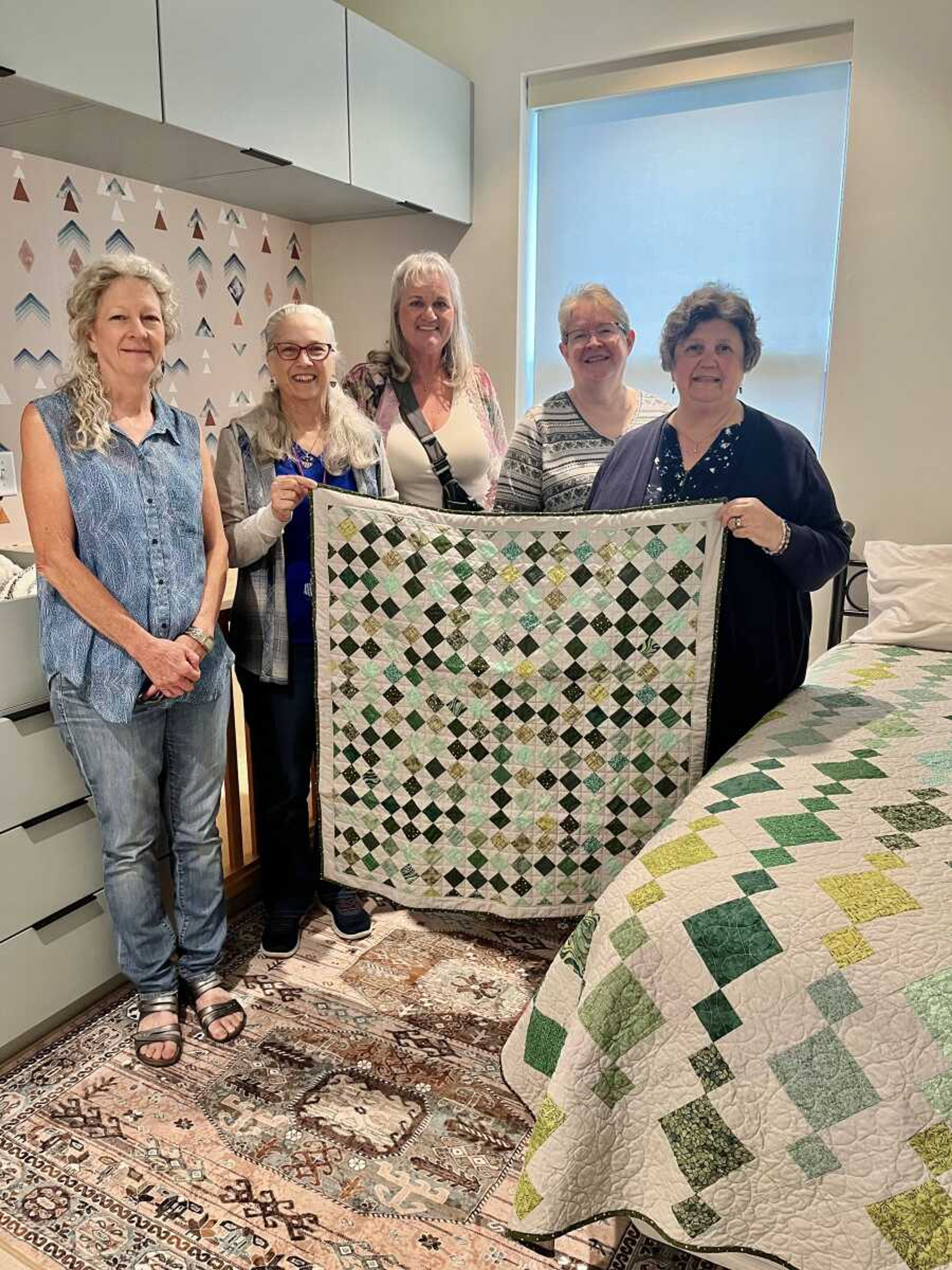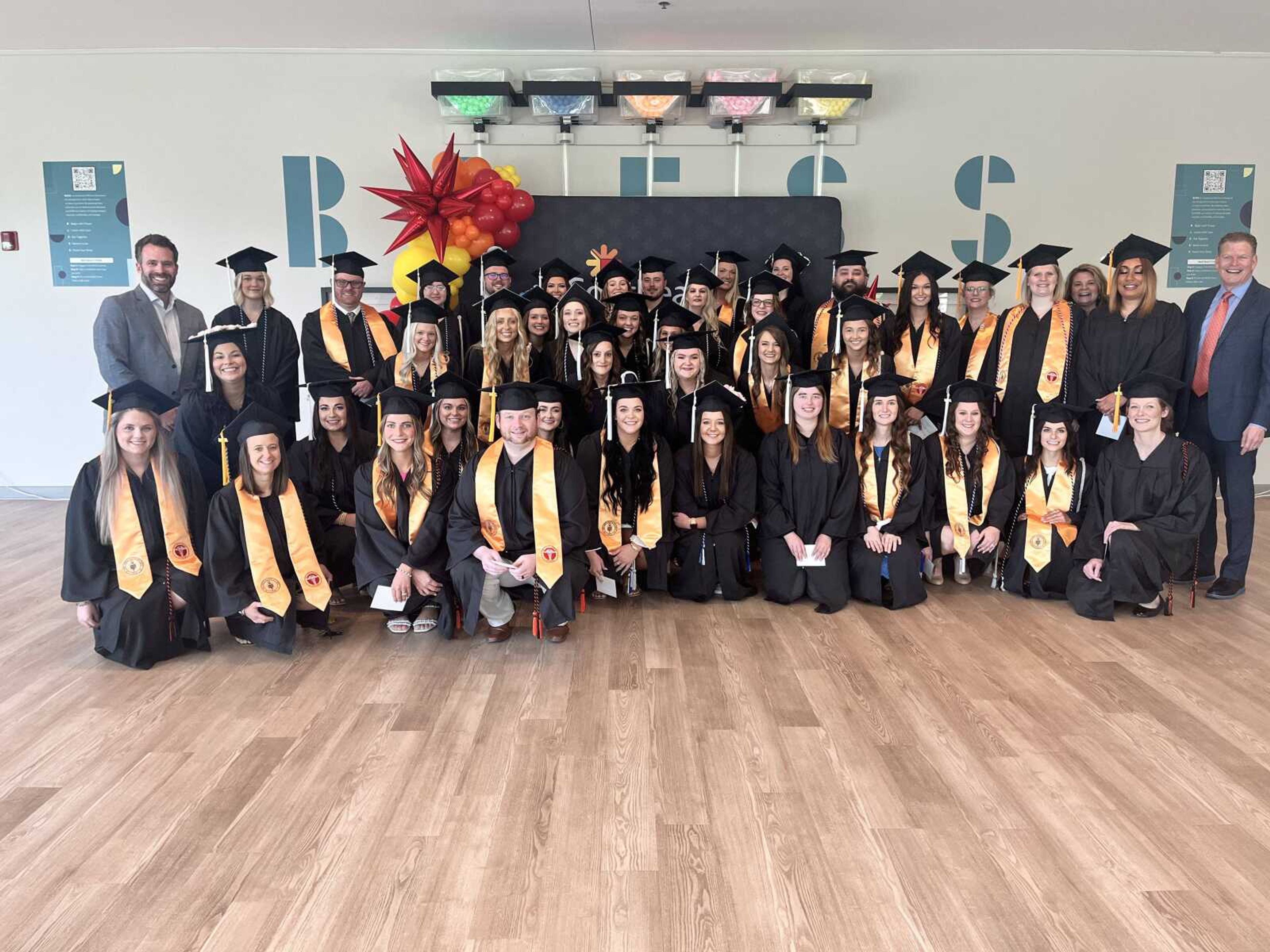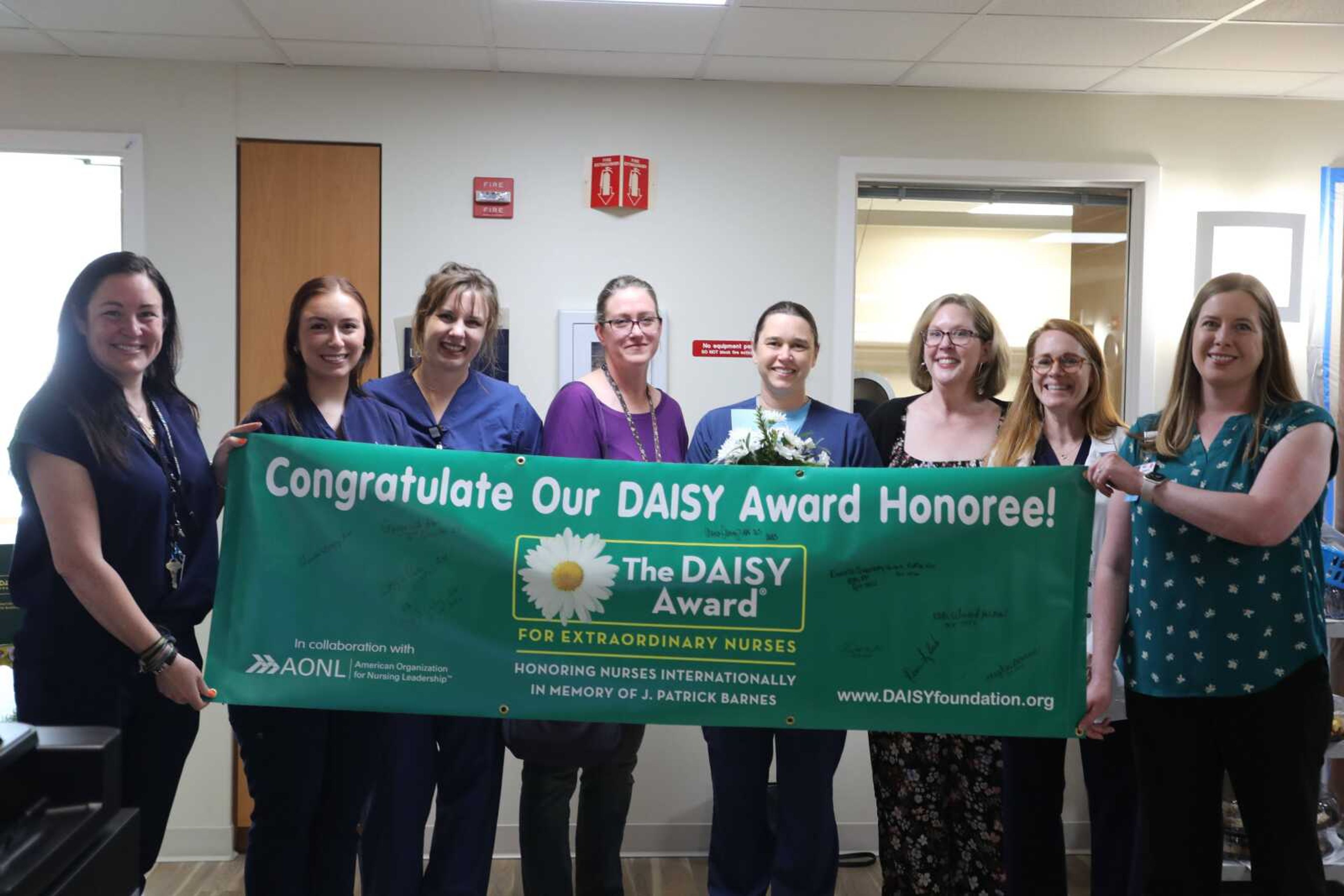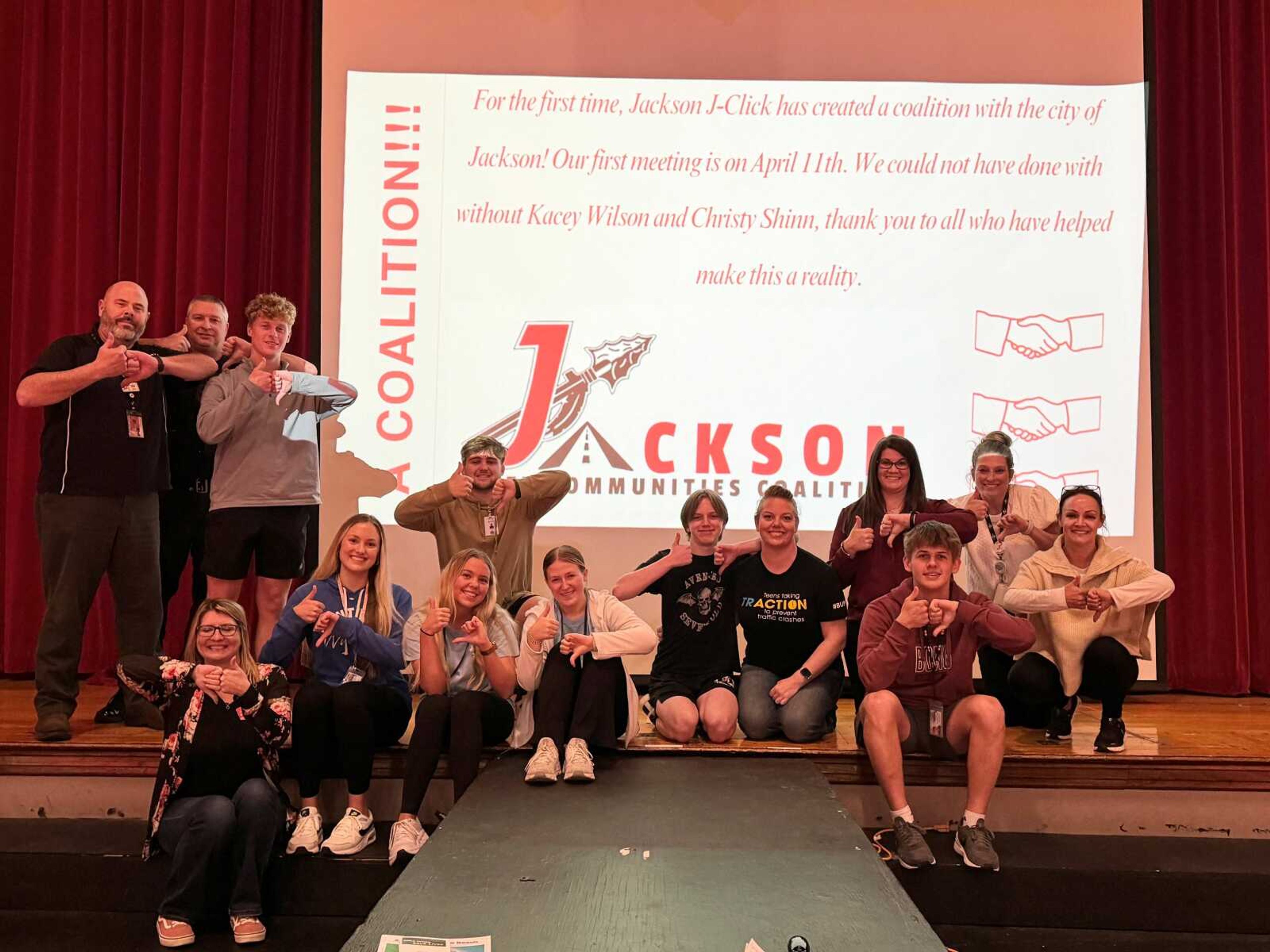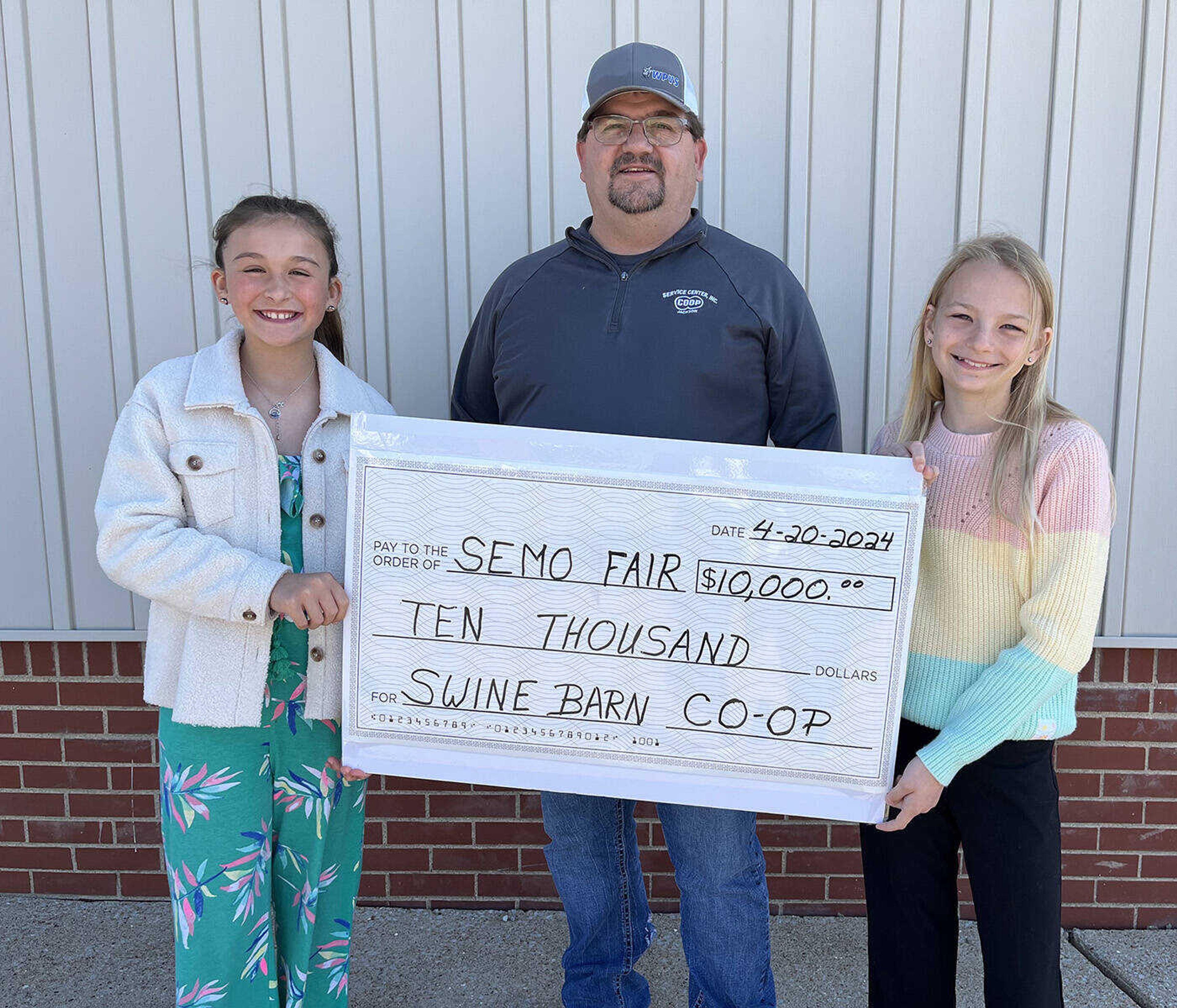Why I'm So Excited for My First Vegan Thanksgiving
Thanksgiving has always been one of my favorite holidays. To a kid growing up in Southeast Missouri, the fourth Thursday of November meant waking up to falling leaves, crisp air, and the aroma of my mom’s freshly brewed coffee. For me, Thanksgiving was basically Christmas without the presents. I still look forward to it every year...
Thanksgiving has always been one of my favorite holidays. To a kid growing up in Southeast Missouri, the fourth Thursday of November meant waking up to falling leaves, crisp air, and the aroma of my mom’s freshly brewed coffee. For me, Thanksgiving was basically Christmas without the presents. I still look forward to it every year.
My sister and I spent hours crafting colorful turkey decorations each autumn—yet we were encouraged to eat the very birds we celebrated. I watched my male relatives jockey for the role of Turkey Carver like it was a position of honor. Right before every Thanksgiving meal, my whole family formed a circle around the bird’s carved-up body, joined hands, and bowed heads. Now that I know what turkeys go through before reaching our tables, I must speak up. This Thanksgiving alone, 45 million turkeys will be killed for our dinners—after suffering short, brutal lives.
Turkeys are highly social, sensitive, and intelligent. They can form lifetime bonds with humans, chickens, each other, and many other animals. A turkey’s vocabulary boasts more than 20 distinct vocalizations, and turkeys recognize one another by each bird’s unique voice. In the wild, turkeys can memorize the details of areas as large as 1,000 acres. If given the chance, these birds are often as affectionate as dogs, and they’ll purr when petted. Wild turkeys can live up to 13 years, and baby turkeys stay with their mothers for the first five months of their lives.
But factory-farmed turkeys are taken from their mothers as hatchlings and killed at just five months of age.
These young turkeys spend their entire lives crammed in windowless sheds with thousands of other birds. Factory-farmed turkeys are bred to grow so large, so fast that their legs sometimes break from the weight. Males are bred to develop such large breasts that the birds can’t even mate. All reproduction is through artificial insemination. Many turkeys are so stressed by these conditions that they stop eating. Even worse, turkeys often have heart attacks when they see other birds being killed. And many turkeys who survive long enough to face slaughter are scalded alive; production lines move so rapidly that workers often fail to kill the turkeys before they’re dropped—conscious and able to feel pain—into feather-removal tanks.
Sadly, this is all considered acceptable and customary by the animal agriculture industry. But the cruelty doesn’t stop there. I know this because I work at Mercy For Animals, an animal protection charity working to uncover and stop animal abuse at factory farms and slaughterhouses.
MFA’s undercover investigations into Butterball brought about the first-ever felony conviction for cruelty to factory-farmed birds after we documented workers punching, kicking, and throwing turkeys. These devastating investigations of the largest turkey producer in the U.S. show baby birds ground up alive in giant macerators, beaks and toes burned or chopped off without painkillers, and wounded animals left to suffer and die without care. But Butterball is no exception.
So this Thanksgiving, I have to ask: Why take part in such an abusive system when you don’t have to, especially when eating meat increases your risk of heart attack, stroke, cancer, diabetes, food poisoning, antibiotic resistance, and premature death?
It’s also important to know that factory farms hurt Missouri’s independent family farmers, rural communities, public health, and environment. As John E. Ikerd, an agricultural professor at University of Missouri Columbia, points out it in a recent paper, although industrial farmers are not legally required to care about Missouri conservation or the health of Missourians, they are ethically bound to stop polluting Missouri’s streams and producing unsafe foods.
Fortunately, planning a healthy, tasty, and cruelty-free Thanksgiving feast isn’t difficult. The internet is full of simple, delicious vegan recipes for all your favorite sides—mashed potatoes, sweet potato casserole, stuffing, and even macaroni and cheese. And you can replace the bird with any centerpiece you want; stuffed squash, vegan wellington, and plant-based roasts are all great options available at your local Kroger or Walmart.
Personally, I couldn’t be more thrilled that I’m about to celebrate my first vegan Thanksgiving. I can’t wait to start my own cruelty-free Thanksgiving traditions, and I’m more excited than ever about waking up on Thanksgiving Day.
Connect with the Southeast Missourian Newsroom:
For corrections to this story or other insights for the editor, click here. To submit a letter to the editor, click here. To learn about the Southeast Missourian’s AI Policy, click here.


